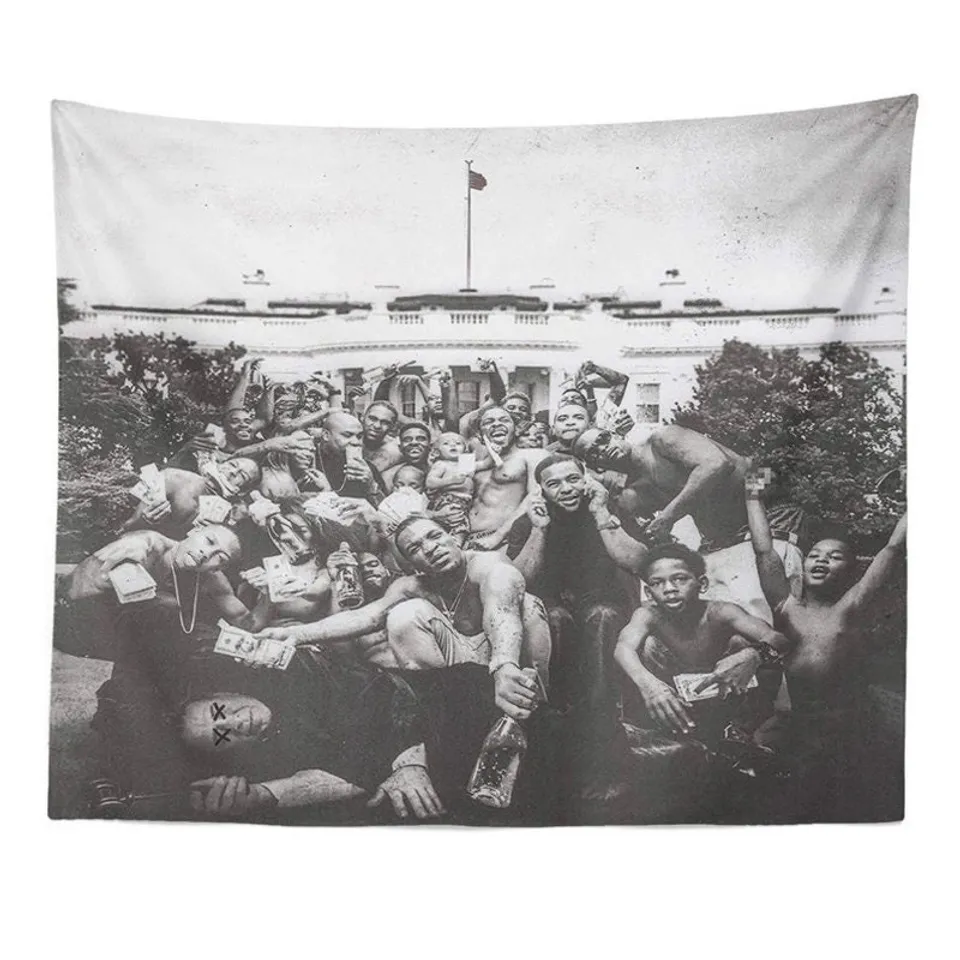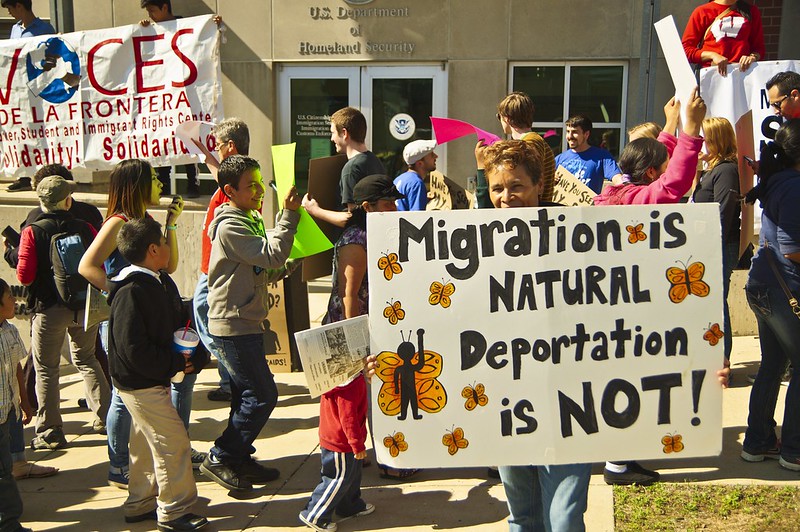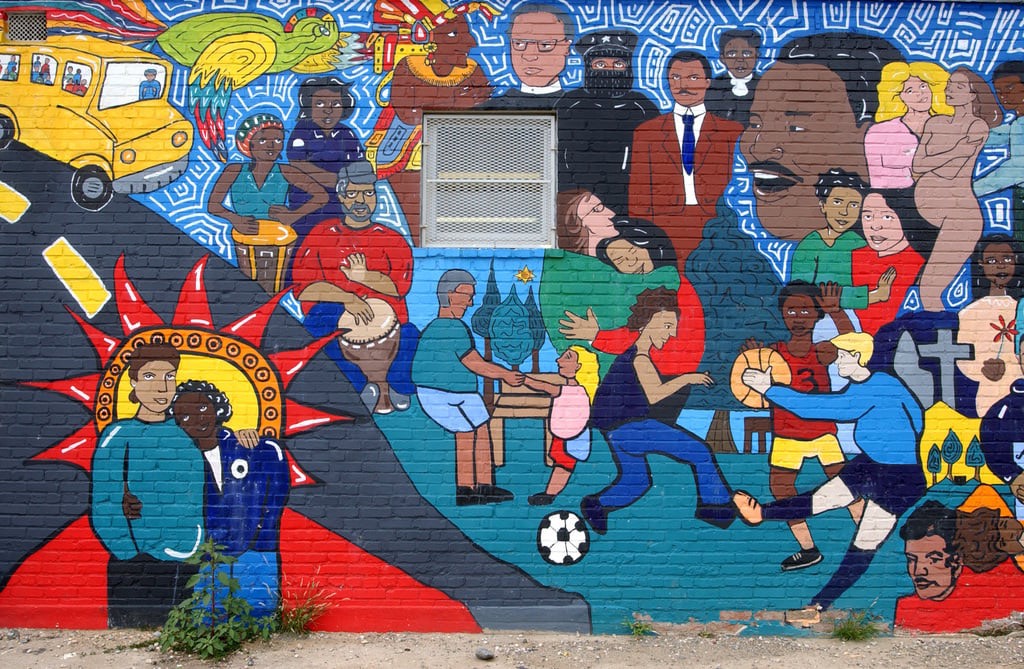Shawn Fredericks | Staff Writer
Being black in America means existing in two modes at the same time: Black and American. As history has shown, my nationality is often at odds with my racial identity. I navigate this complexity by accepting the reality of my racial identity superseding my national identity. In other words, I choose to be proud of my racial identity through not acknowledging my nationality, for me, my racial identity supersedes my national identity.
I am a black American, a very proud black American with most of my pride coming from being black and American instead of being an American who is black. These are very different distinctions with two different connotations; I accept the former and reject the latter.
I accept the former because there is an acknowledgment of my ancestors’ struggle of gaining basic civil rights in a country they have lived in for 200 plus years on while facing generational violence and discrimination across political economic and social lines. There is also an acknowledgment that white America has inflicted generational trauma and violence upon black people, and I am living with and healing from said trauma.
The everyday racism of America makes me non-American. I am not accepted wholly within this society so while I still identify as a black American, the American part represents my ancestors’ struggle to earn citizenship and respect within this so-called “great” nation. This country has consistently fallen short of its professed ideals.
There hasn’t been a more poignant time to be critical of the United States, not just of its policies but of its character which is reflected in the actions of the current administration.
A report on modern slavery by the U.S. Labor Department highlights why it is hard for me to identify with this country. While the International Labour Organization defines forced labor—also known as modern slavery—as a human rights issue, U.S. Labor Secretary Alexander Acosta framed it as an economic issue.
Identifying modern slavery as an economic issue calls back to when people defend the Confederate states by saying that the cause of the Civil War was states’ rights and not about slavery.
In addition, this nation’s current treatment of people of color as subhumans unworthy of basic dignities or quality of life makes me feel nothing but shame to be a citizen of this nation. The everyday racism of America prevents any harmony between my national and racial identity.
Brian Jones, associate director of education at the Schomburg Center for Research in Black Culture, articulated similar feelings in his article for The Guardian. Despite his middle-class background, lighter skin, professional dress and talking white, he could not assimilate to mainstream (white) America.
“There is no amount of assimilation that can shield you from racism in this country,” Jones writes. “Throughout my life, something—the kink of my hair or my “attitude”—would mark me as inferior, worthy of ridicule, humiliation or ostracism.”
How can I call this nation home when its spirit does not reflect me or my priorities? The U.S is both home and not home at the same time, existing in this constant wavering place where I try to cling to what little feeling of home I can grasp. I know I’m not the only one that feels this way, and that is what the NC State community must understand about Black America. We exist with one foot in this nation and, because of white supremacy, one foot out of this place that should be home.













